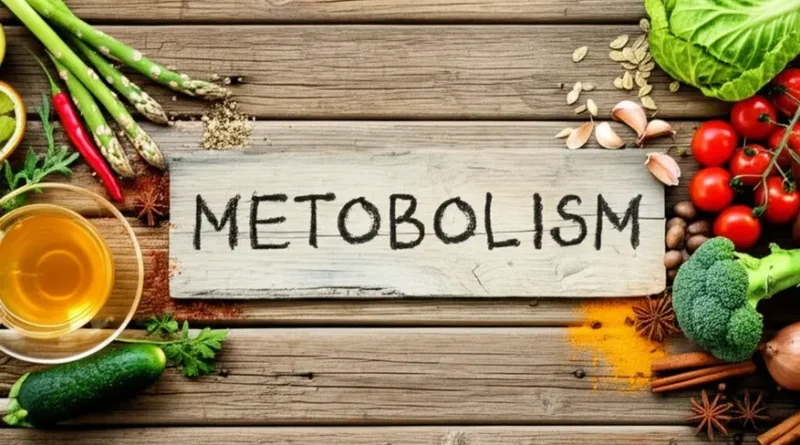Foods That Boost Metabolism
In the quest for maintaining a healthy weight and optimizing energy levels, many individuals are on the lookout for natural ways to enhance their metabolism. While several factors influence metabolic rates, including age, gender, and genetics, one significant player is diet. In this blog post, we will explore various foods that can help boost your metabolic rate, making it easier for you to burn calories and maintain a healthier body.
The metabolic rate refers to the number of calories your body requires to maintain basic physiological functions such as breathing, circulation, and cell production. An elevated metabolic rate means you burn more calories even while at rest. Here, we will delve into the foods that can assist in achieving that goal.
1. Protein-Rich Foods
Protein is known as the king of nutrients when it comes to boosting metabolism. Including protein-rich foods in your diet can significantly increase your metabolic rate due to the thermic effect of food (TEF), which refers to the calories required for digestion, absorption, and disposal of nutrients. Studies suggest that protein can increase metabolic rate by 15% to 30%. Foods such as chicken, turkey, fish, eggs, dairy products, legumes, and nuts are excellent sources of protein.
2. Green Tea
Green tea has garnered attention for its numerous health benefits, one of which is its potential to increase metabolic rate. The combination of caffeine and catechins in green tea can enhance fat oxidation and stimulate thermogenesis, leading to improved energy expenditure. Enjoying a cup or two of green tea daily may offer a slight edge when it comes to burning more calories.
3. Spicy Foods
Spices such as chili peppers contain capsaicin, a compound known for its heat-producing properties. Consuming spicy foods can elevate your metabolism by inducing a thermogenic effect – meaning your body burns more calories when digesting these foods. Incorporating spicy ingredients like cayenne pepper or jalapeños in your meals can be both flavor-enhancing and metabolism-boosting.
4. Whole Grains
Unlike refined grains, whole grains such as brown rice, quinoa, and oats are rich in fiber and can contribute to increased metabolic rates. Fiber requires more energy for digestion and helps maintain satiation and blood sugar levels. This makes whole grains an excellent choice for anyone looking to boost their metabolism and support weight management.
5. Healthy Fats
Don’t shy away from fats altogether; instead, focus on the right types. Healthy fats found in foods like avocados, olive oil, nuts, and fatty fish (like salmon) can provide numerous health benefits, including promoting fat burn. Omega-3 fatty acids have also been shown to improve metabolic rates by optimizing insulin sensitivity and enhancing caloric expenditure.
6. Water
While not a food, water is essential for numerous metabolic processes in the body. Staying adequately hydrated can enhance your metabolism as it helps the performance of various biochemical reactions. Some studies indicate that drinking cold water may increase calorie burn temporarily, as the body expends energy warming the water to body temperature. Aim for about 2 liters of water daily, adjusting for activity levels and climate.
7. Coffee
Caffeine in coffee can provide a short-term boost to your metabolism by increasing your metabolic rate by up to 11%. Furthermore, caffeine may enhance physical performance, leading to more calories burned during exercise. However, moderation is key, as excessive caffeine intake can lead to negative side effects. One to two cups of coffee daily can be beneficial.
8. Legumes
Legumes, including lentils, chickpeas, and beans, are nutritional powerhouses packed with protein and fiber. They have a high thermogenic effect and can contribute to a significant metabolic boost. Including legumes in your meals not only aids in metabolic processes but also promotes overall well-being due to their rich nutrient profile.
Incorporating these metabolism-boosting foods into your daily diet can create an environment conducive to weight loss and increased energy levels. It’s important to recognize that a healthy lifestyle incorporates regular exercise, sufficient sleep, and a balanced diet. While no single food can magically solve metabolic issues, a collective approach toward nurturing your body with the right nutrition and habits will certainly pay off in the long run.

